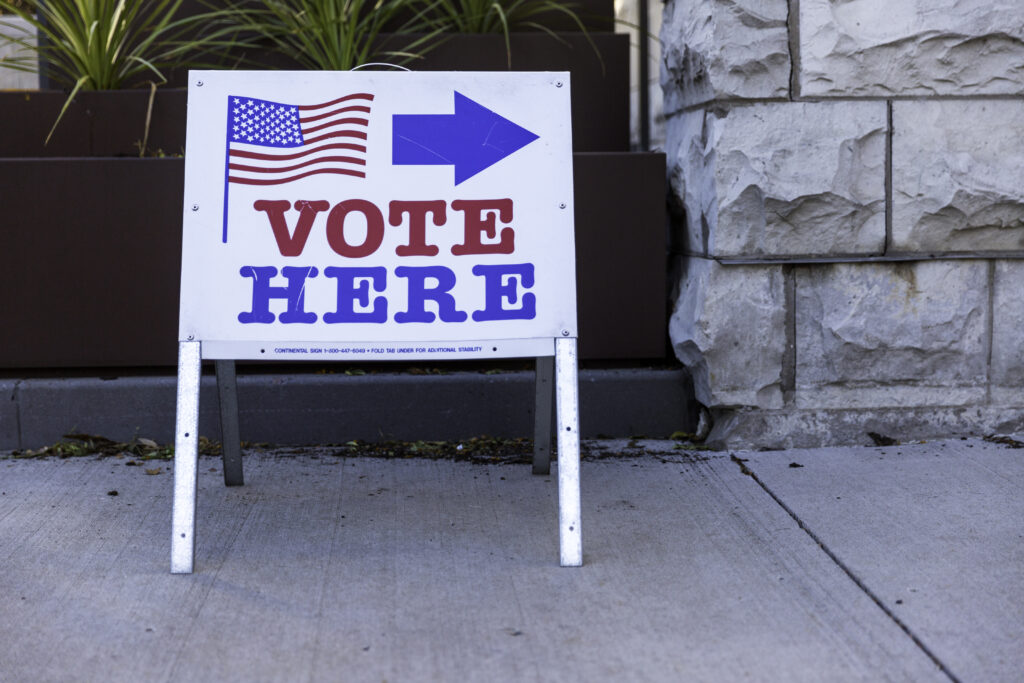Representatives from many, possibly all, states could converge on Nashville, Tennessee in July to prepare for America’s first-ever Article V convention for proposing a constitutional amendment.
The “planning convention” scheduled to occur in the Chambers of the Tennessee House of Representatives from July 11–13, 2017, would propose rules for a later gathering that would propose a balanced budget amendment (BBA) to the U.S. Constitution.
Authorization for the planning convention will derive from the Tennessee House’s concurrence with Tennessee Senate Joint Resolution 9, which the Senate passed 27–3 on February 6. SJR 9 would “respectfully [call] a convention of the states” for the limited purpose of preparing for proposing a BBA at a future convention. The House State Government Subcommittee was scheduled to consider a similar resolution on February 22 as of press time.
Article V of the Constitution requires Congress to call an amendments convention when two-thirds of all states, 34, have submitted matching resolutions. So far, 28 states have passed BBA applications, of which 26 match, and more are now in the works.
Education and advocacy groups—including Citizens for Self-Government, Compact for America, and the BBA Task Force—are promoting application resolutions in at least eight states in which they say each legislative chamber is likely to approve such legislation by 2018: Arizona, Idaho, Kentucky, Minnesota, South Carolina, Virginia, Wisconsin, and Wyoming.
Planning Improves Performance
Dave Guldenschuh, editor and publisher of the Article V Convention Legislative Progress Report and a practicing attorney, says the planning convention will pave the way for a prospective Article V convention.
“The Tennessee Planning Convention is designed to allow for the orderly progression to the BBA convention once the threshold of 34 states is reached, triggering Congress to call the convention,” Guldenschuh said.
A dry run could help states, as opposed to Congress, maintain control of the logistics of an Article V convention, Guldenschuh says.
“As Congress is empowered to designate a time and place for the convening of the eventual BBA convention, the Planning Convention could make a recommendation to Congress on such and avoid Congress having to deal with that issue in its convening resolution,” Guldenschuh said.
States could help an Article V convention run more smoothly by sending the same delegates to the Tennessee Planning Convention in July and a future Article V convention, Guldenschuh says.
“[B]y sending essentially the same delegation to Tennessee as to the eventual BBA convention, the Planning Convention could … adopt a set of rules that would already have the approval of a majority of states when the eventual BBA Convention meets and thereby avoid any delay in getting to the merits of the BBA convention,” Guldenschuh said.
Constitutional Health Care
Lindsay Boyd, director of policy at the Beacon Center of Tennessee, says states could use an Article V convention to limit federal government spending on taxpayer-funded health insurance programs.
“To the extent that the convention will restrain Washington, DC spending, we expect that Medicaid and Medicare would be forced to undergo extensive reforms, as these programs are among the largest ballooning federal budget items,” Boyd said.
Health care is one of several areas states are preparing to reclaim from federal jurisdiction, Boyd says.
“There is a general sense of confidence that the states are poised to reclaim constitutional responsibilities that we’ve slowly ceded to Washington, DC over time, such as our right to manage our own health care marketplace, allow insurers to design unique and mandate-light plans for varying demographic profiles, determine the most efficient parameters and metrics for our welfare programs, and have the flexibility for federal match dollars for education to flow directly to parents for educational choice programs developed by the states,” Boyd said.
Obamacare, Trump Unknowns
Guldenschuh says BBA ratification could force federal regulators to reduce spending on subsidized health insurance and Social Security.
“It will require short-term and long-term planning that will stabilize our Medicare and Medicaid programs, as well as the ACA or its successor program,” Guldenschuh said. “Social Security and health care are high-priority programs within our federal government, right behind national defense. Thus, one would expect that priority to be reflected in the budget process.”
Whether President Donald Trump will help, hinder, or ignore attempts to call an Article V convention or propose and ratify a BBA remains unknown, Guldenschuh says.
“I think the jury remains out on whether and how much the Trump administration will do to bring about governmental reform and, to the extent necessary, constitutional reform,” Guldenschuh said.
The Trump administration’s action or inaction on repealing the Affordable Care Act (ACA) could indicate whether Trump would welcome a constitutional limitation on federal government spending during his presidency, Guldenschuh says.
“[The Trump administration] has pledged not to cut entitlements, which includes Medicare and Medicaid,” Guldenschuh says. “It is committed to reforming the ACA but hasn’t offered the kind of specifics necessary to assess its commitments.”
Arianna Wilkerson ([email protected]) is a marketing coordinator for The Heartland Institute.
Internet Info:
Michael T. Hamilton, “Article V Convention of States Remains Important Under Trump,” Health Care News, The Heartland Institute, February 2017: https://heartland.org/news-opinion/news/article-v-convention-of-states-remains-important-under-trump
Kyle Maichle, “Amendment Allowing States to Repeal Obamacare Passes Convention Simulation,” Health Care News, The Heartland Institute, November 15, 2016: https://heartland.org/news-opinion/news/amendment-allowing-states-to-repeal-obamacare-passes-convention-simulation
Image via Thinkstock





